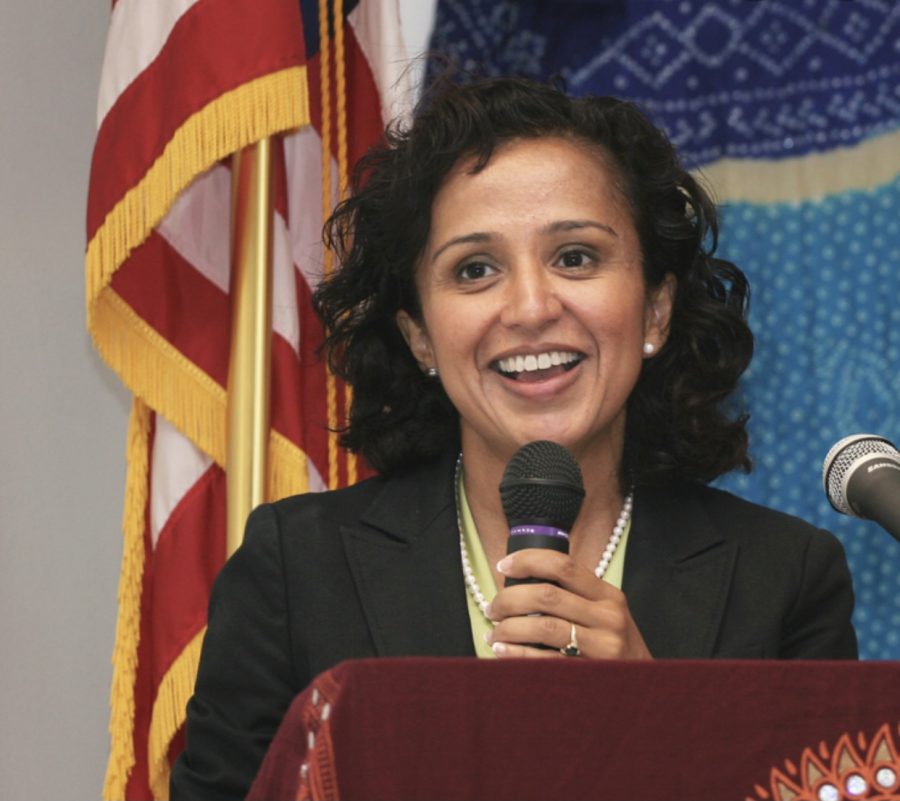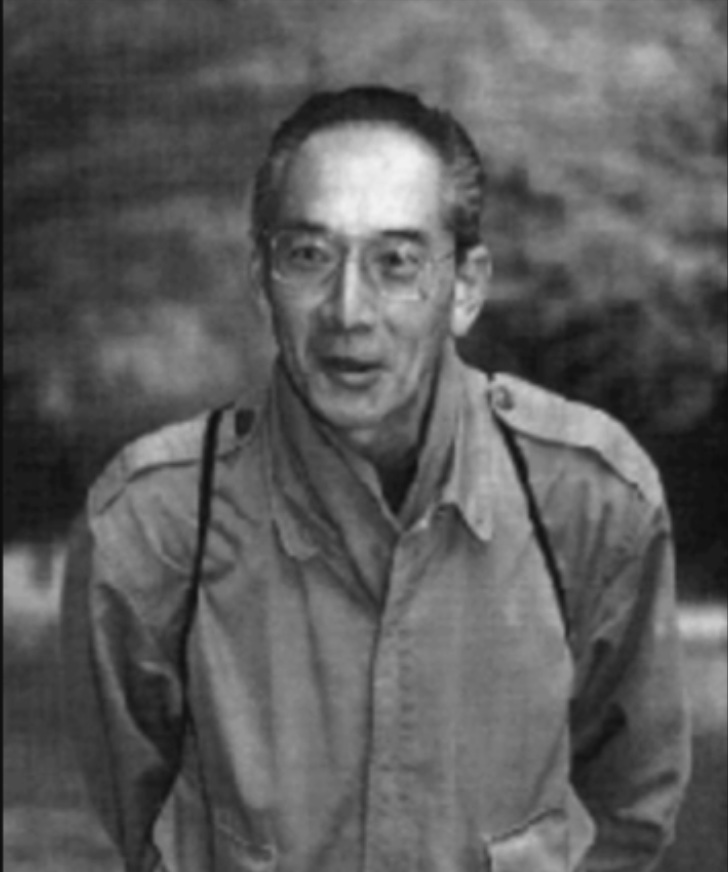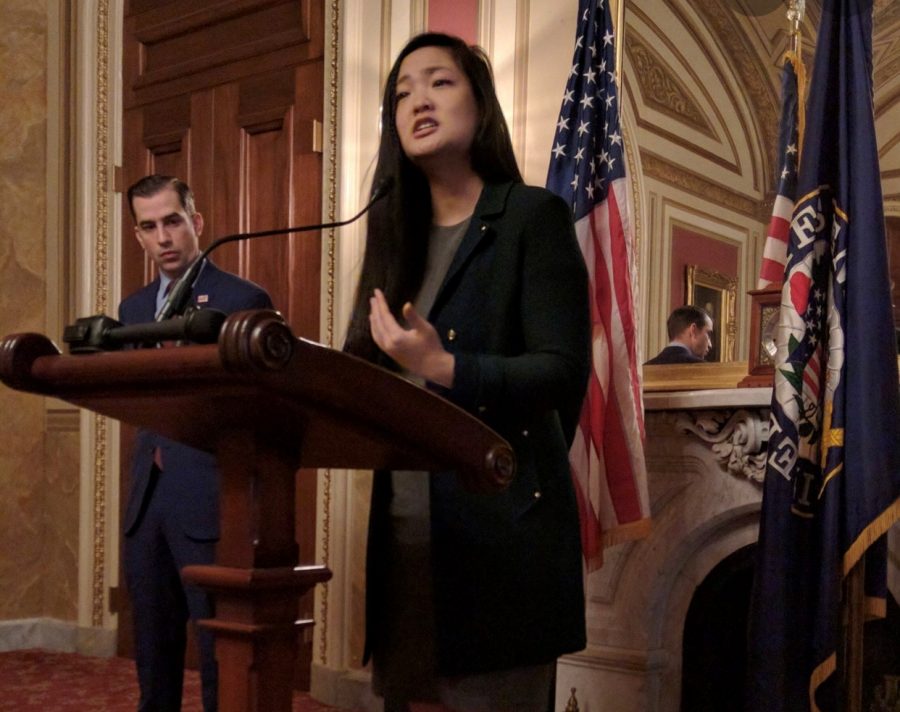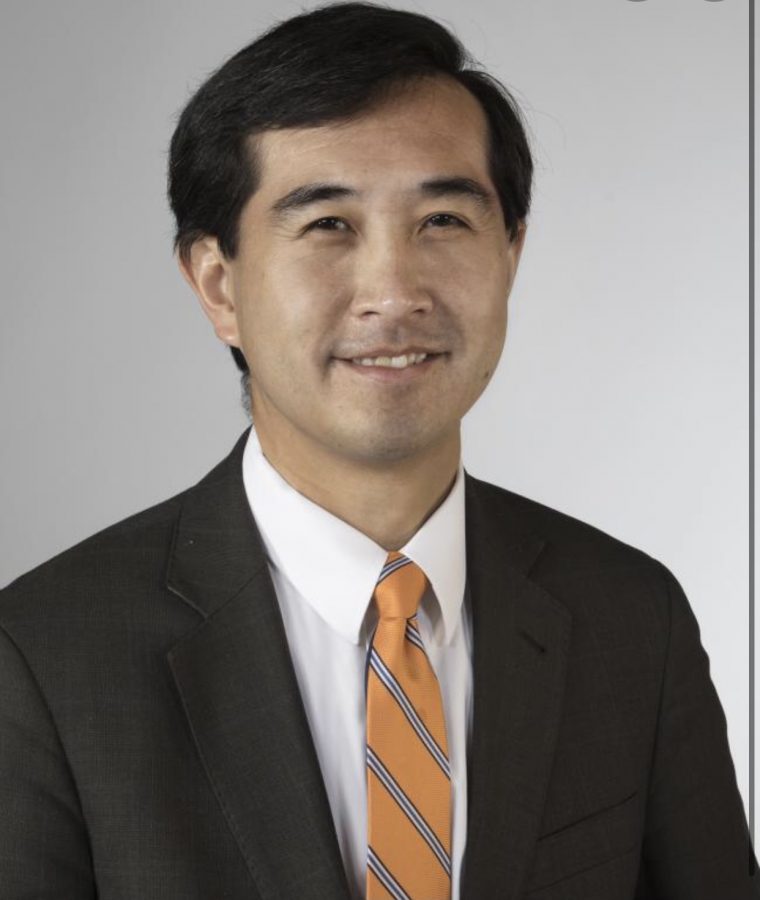Notable AAPI Activists
Ever since 1992, the month of May has been designated as the time to commemorate and observe the history and the contributions made by Asian Americans and Pacific Islanders in America. Take part in this year’s AAPI Heritage month by learning about these four influential figures in the AAPI community.
Manjusha Kulkarni (1971-)

As the executive director of the South Asian Network, a nonprofit organization dedicated to the service and advocacy of South Asians in Southern California, Manjusha Kulkarni has been passionate about civil rights since she was young. Upon graduating from college and during her time at law school, Kulkarni worked at the American Civil Liberties Union in the mid 1990s, where she fought to obtain justice for Japanese Latin Americans who had been abducted by the U.S. government during WWII. In 2010, Kulkarni was selected as the executive director of SAN. During her time running the organization, Kulkarni has worked to help promote policies that addressed reforms in health care, such as the Affordable Care Act and the Covered California program, among the South Asian American community through outreach and efforts in individual assistance. In 2014, she was awarded the White House Champions of Change award for her work advancing access to healthcare in the Asian American community by President Obama. Most recently, Kulkarni has testified before Congress regarding Asian hate and co-founded the Stop AAPI Hate initiative, which is currently the nation’s top aggregator for COVID-19 related hate crimes against the AAPI community.
Yuji Ichioka (1936-2002)

Best known for his coinage of the term “Asian-American,” historian Yuji Ichioka is considered by many to be a pioneer in Japanese American and Asian American history. Ichioka and his family were incarcerated in the Topaz internment camp during WWII, which influenced him to become an advocate for social justice when he entered college. He established the Asian American Political Alliance during his later years at UC Berkeley. The alliance later went on to form a partnership with several other student groups at San Francisco State University as the Third World Liberation Front, which spearheaded the longest student-led strike of U.S. history to campaign for the establishment of ethnic studies programs in colleges. One year later, in 1969, Ichioka taught UCLA’s first course at the Asian American Studies Center–the first program of its kind in the country. Inspired by his experiences teaching at UCLA, he partnered with a classmate to take part in the Japanese American Research Project, where he authored several influential works that helped depict the lives of Japanese Americans in America. His most famous work, “Issei: The World of First Generation Japanese Immigrants, 1885-1924,” won the 1989 History Book Award of the National Association for Asian American studies.
Amanda Nguyen (1991-)

In 2014, Amanda Nguyen founded Rise, a nonprofit organization and partnership which aims to support and fight for the rights of sexual violence victims. Since then, the organization has expanded to include the battle against “all systemic structures that have been gatekeepers of visibility,” as stated by Nguyen. So far, Rise has managed to pass more than 30 laws in legislative reform with Nguyen’s guidance, most famously passing the Survivors’ Bill of Rights Act in 2016, which established federal rights for survivors of sexual assault. Then, in February, Nguyen joined the discussion surrounding crime directed at the AAPI community, posting a viral video to her Instagram account in order to help raise awareness. In the video, Nguyen called for news outlets to do more reporting on the increase in hate crime against Asians, and included several instances of violence against older Asian citizens. In an interview with CNBC Nguyen said that Rise’s current projects include the formation of a campaign to educate the public about the Asian American experience, AAPI history and the necessity of Black and Asian solidarity. She has received multiple accolades for her dedication to the pursuit of social justice, including the Nelson Mandela Changemaker Award and a nomination for the 2019 Nobel Peace Prize.
John C. Yang (1968-)

Formerly the senior advisor for Trade and Strategic Initiatives at the U.S. Department of Commerce in the Obama Administration, John C. Yang is now the president and executive director of Asian Americans Advancing Justice, or AAJC, a nonprofit organization whose mission is to advance civil and human rights for Asian Americans. Yang began his career as an advocate for civil rights after he graduated from George Washington University Law School, becoming the director of legal affairs for the Asia-Pacific region of Illinois Tool Works, a Fortune 500 company, 16 years after joining them. In 1997, Yang continued his path as an activist by becoming one of the co-founders of the Asian Pacific American Legal Resource Center, using his background in law to assist Asian Pacific Americans in Washington, D.C. During his time with the AAJC, Yang has helped to nominate and confirm over 20 AAPI federal judges as well as many other Senate-confirmed presidential appointments. Aside from his extensive legal background, Yang has also had roles on the external diversity councils of Verizon, Charter Communications and Comcast NBC Universal.
Your donation will support the student journalists of Diamond Bar High School. Your contribution will allow us to purchase equipment and cover our annual website hosting costs.


